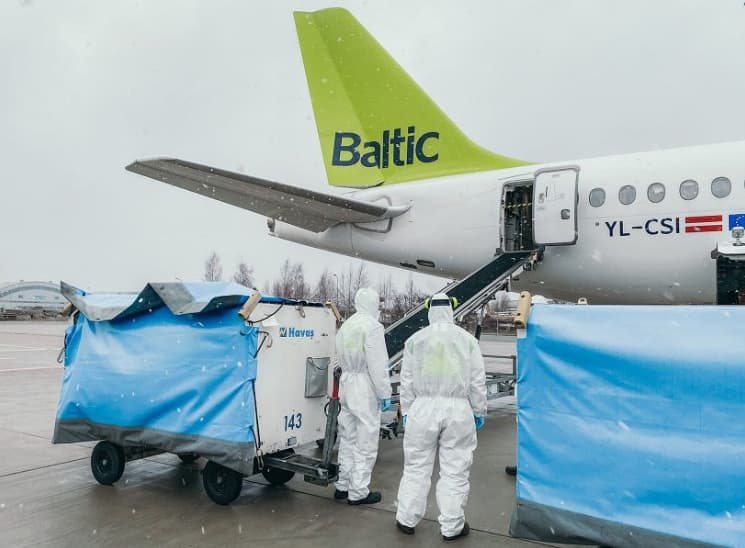Business brings people together, which exactly creates a high risk of transmitting viruses, like COVID-19. I am reading that Edelman, a transnational communications consultancy, is partnering up with the World Economic Forum to help businesses see what they can do to minimise the risks and make a day at work safer for their employees.
Here are some insights repeating of which is never enough. The risk of transmission of the Coronavirus is particularly high in unventilated locations. By staying some two metres from each other, people increase the chance of not getting infected. The symptoms at the start are high fever and cough, usually not a runny nose. Of those infected, about 20 per cent fall ill and between one and two per cent will die. The most vulnerable are people over 65, as well as those with underlying ailments such as hypertension or diabetes. Responding quickly to the suspicion of having the symptoms of COVID-19 is critically important. Once the infection is confirmed, the individual must be isolated to prevent transmission to others.
Is there a role for business in fighting the outbreak?
First of all, business is most helpful in what it does best—keep doing what it does despite the uncertainty about the virus. Secondly, the business would secure its employees access to reliable, science-based information about the danger. CEOs are among the most trusted people in the world. Their influence can have a great impact on combatting the spread of COVID-19.
Food supplies, access to energy, transportation services and commerce, the areas driven by business, should carry on as usual regardless of uncertainty. New scientific studies of the disease are emerging all the time, and guidance on how to behave and respond to the crisis are updated on a regular basis. The World Health Organisation and national authorities are offering science-based assessments.
Companies show care by encouraging discussing such issues openly. The CEO’s participation is vital to credibility and would contribute greatly to this discussion. Companies can provide helplines and other procedures for employees to make sure they feel they are cared for. The employees should be allowed and even encouraged to work from home or have flexibility.
What PR can specifically do in this situation? Advertising should be used for sharing good advice on how to minimise the infection risks. PR can help the CEO communicate with employees and stakeholders and establish a regular schedule for these communications. Misinformation must be addressed and corrected immediately. PR can create a platform with relevant information and/or a hotline that may impact the lives of the company’s employees and operations.
Resources:



